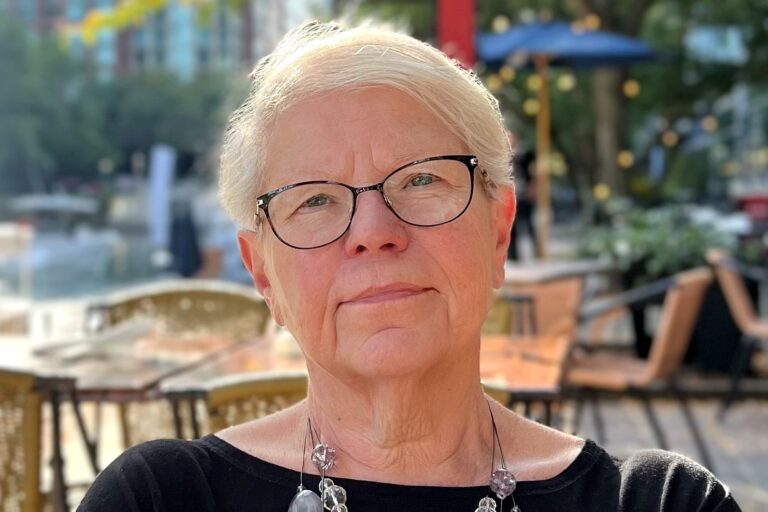
For the past 10 years, Kirsten Fermaglich, Associate Professor of History and Jewish Studies, has researched the practice of Jewish name changing in the United States and has written a book on the subject, titled A Rosenberg by Any Other Name: A History of Jewish Name Changing in America.
The book, published by New York University Press and released in October, addresses the reasons for Jewish name changing and why it is more complex than what most people believe it to be.
“Jewish name changing has been treated mostly as a joke,” Fermaglich said, “but name changing was a product of significant anti-Semitism directed towards American Jews in the first half of the 20th century.”
The recent shooting in Pittsburgh suggests that we need to pay much more attention to the ways that Jews have been identified, isolated, and vilified in American private life.
As part of her research, Fermaglich examined previously unexplored name changing petitions deposited at the New York Civil Court from 1887 through present day. This research revealed that in 20th century New York, Jewish name changing was a broad-based, voluntary behavior in that thousands of ordinary Jewish men, women, and children legally changed their names in response to an upsurge of anti-Semitism. But rather than trying to escape their heritage or pass as non-Jewish, most name-changers remained active members of the Jewish community.
“Historians have not paid as much attention to American anti-Semitism as they have to American Jewish success, but the recent shooting in Pittsburgh suggests that we need to pay much more attention to the ways that Jews have been identified, isolated, and vilified in American private life,” Fermaglich said. “Names and name changing have been an important component of this anti-Semitism.”
Although name changing allowed Jewish families to avoid anti-Semitism and achieve white middle-class status, the practice created pain within families. Name changing became a stigmatized and forgotten aspect of American Jewish culture. Today, name-changers consist of a more diverse group of people who changed their names for a variety of reasons, ranging from qualifying for government benefits to keeping their families unified.
Our names are deeply meaningful, not only in constructing our personal identity and self-understanding, but also in developing our relationships with family, community, and with the state.
“What I hope people take away from this book is that our names are deeply meaningful, not only in constructing our personal identity and self-understanding, but also in developing our relationships with family, community, and with the state,” Fermaglich said. “I would like people to walk away from this book understanding the pain and tension that name changing sometimes caused in individual, family, and communal life. It was a lasting decision that impacted many families, especially within the Jewish community, for generations.”
Fermaglich has taught History and Jewish Studies at Michigan State University since 2001 with a focus on American Jewish history and culture as well as undergraduate and graduate classes in United States history after 1865. Her interests center around the historical meanings and problematic nature of ethnic identity in the United States. In particular, Fermaglich is interested in secular Jews as both members of and outsiders to the Jewish community, as well as the ways in which gender, race, class, and family intersect with ethnic identity.


